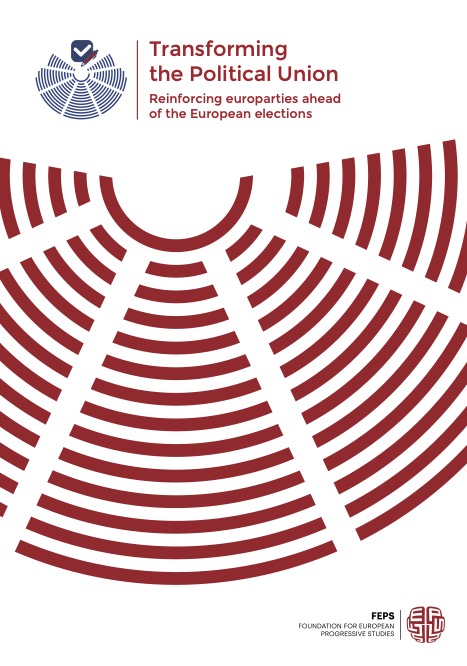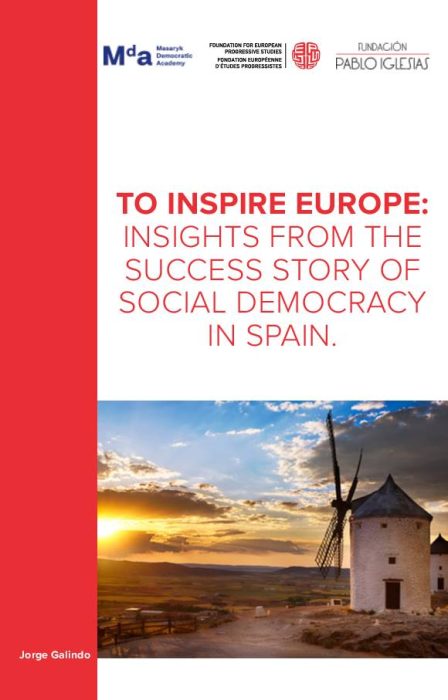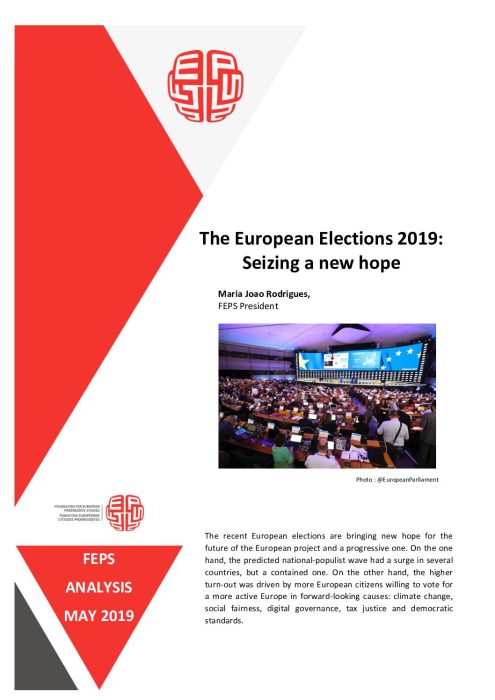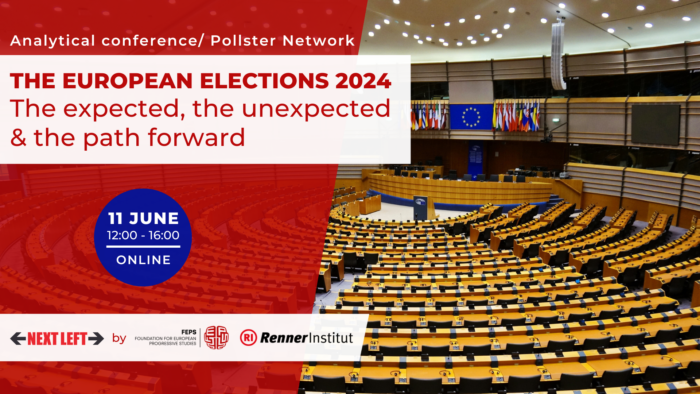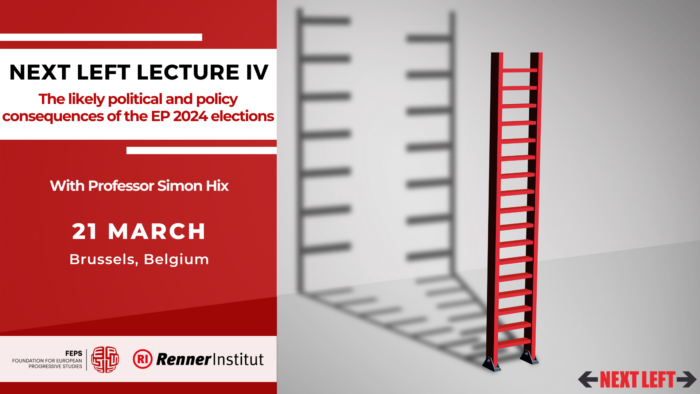Network
Find all related publications
Publications
Find all related Progressive Post
Progressive Post
Find all related events
Events
Past
11/06/2024
Online
04/04/2024
FEPS HQ (Expert meeting)
21/03/2024
European Parliament (Hybrid)
Find all related news
News
Find all related in the media
In the media



